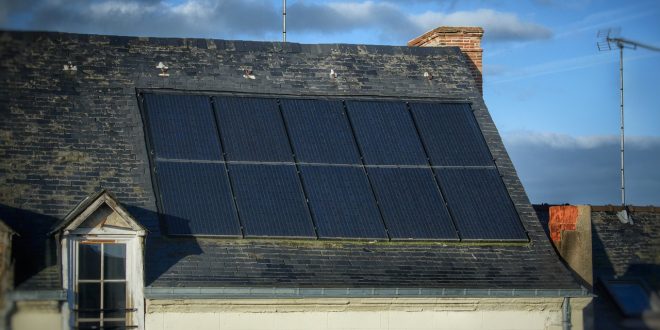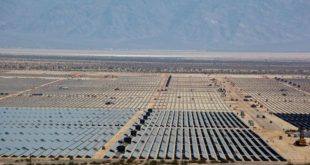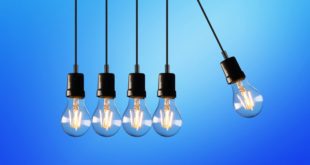Looking to cut your monthly electric bills in half? Then you might’ve came across the idea of solar energy, right?
But not so fast! Before you invest in solar energy, it’s important to be smart about it. In this article, we’ll talk about the 5 common mistakes that are made by homeowners who have decided to go solar, in the hopes that you can learn from them and get efficient, long-lasting solar power.
-
Decision-Making Based Solely On Price
“Most people are familiar with the saying: ‘You get what you pay for,’” says Spencer Rogers, a business writer at Ukservicesreviews and Assignment writing service. “But this is especially true for installing a solar system.”
But should you settle for the cheapest solar installer?
“Cheaper installations always spell out trouble, and won’t give you the best quality you’re looking for in a solar system,” adds Rogers. “So, it’s imperative to do your research first, before automatically deciding on cheaper costs. Check out the online reviews of each installer, and ask around for recommendations.”
-
Not Receiving Multiple Quotes
Quotes are very value, when it comes to investing in solar installation, because they help you make a better decision on which solar installer to work with. Don’t just stick with 1 quote – get multiple quotes to help you make a choice. The recommended number of quotes to get is 3.
Plus, understand that no two quotes are alike. Consider any differences between installers:
-
Different panel and inverter brands
-
Different size systems could be a different size, AND
-
Different placement of panels
And, as always, ask for clarification on any subject that comes to mind, when getting your quotes:
-
System design
-
Equipment, AND
-
Pricing
-
Not Using Incentives
Solar panels aren’t cheap, but they can be quite an investment. Despite having a price tag of around $15,000 to $30,000, converting to solar energy will need plenty of commitment.
The good news is, with solar energy comes tax credits, rebates, and other incentives that can help you lower costs. Though, it’s also important to understand how the incentives work to avoid any surprise expenses once your solar system is installed. For example, the federal tax credit is a credit, not a grant or payment from the government; and you can only use it if you have tax liability.
When in doubt, talk to your solar installer to see which incentives are right for you, and which ones are available in your area.
-
No Understanding Of Warranties
“Like many products, all solar panels and solar inverters come with warranties,” says Harriet French, a recruiter at UK Writings and Oxessays. With that said, know the difference between their warranties:
-
Panels come with a linear performance warranty of 25 to 30 years, as well as a product warranty of 12 to 25 years.
-
Inverters have limited warranties ranging from 5 to 10 years.
“Many solar installers will offer warranties on top of the product warranties, which can cover workmanship issues, and even guarantee that the system will achieve the energy production that’s listed on the signed contract,” adds French. “That means they’ll only cover product replacement, not its labor costs. So, have your installer explain all available warranties before signing a contract.”
-
Going With Third-Party Electric Suppliers
While third-party electric suppliers can save some people money, they’re not exactly right for everyone – including solar owners. In fact, if you’re a solar owner, switching to a third-party supplier can be costly, and can eliminate the ability to use Net Metering.
Net Metering lets solar owners receive credit for extra energy produced by the system during the day. Those credits, in turn, can be used at night when the system is not producing energy. Without Net Metering, you risk using the electricity as it’s produced, thus having you waste all the extra electricity produced by the system and pay retail price for nighttime electricity.
Conclusion
It would be nice to reduce electrical costs by converting your house to solar energy. While converting to solar energy may be a good idea for the environment and for your wallet, you should still keep in mind what to expect, as well as what pitfalls to avoid when making that investment.
By avoiding these 5 common mistakes, you can rest assured that you’re making the right choice in investing in solar energy that you can enjoy for many years to come.
Kristin Herman is a writer and editor at Custom essay and Essay for sale. She also writes articles for online publications, such as Write my paper. As a marketing writer, she writes about the latest trends in marketing and social media.
 Alternative Energy HQ solar power for homes, wind energy, and bio fuel issues
Alternative Energy HQ solar power for homes, wind energy, and bio fuel issues







